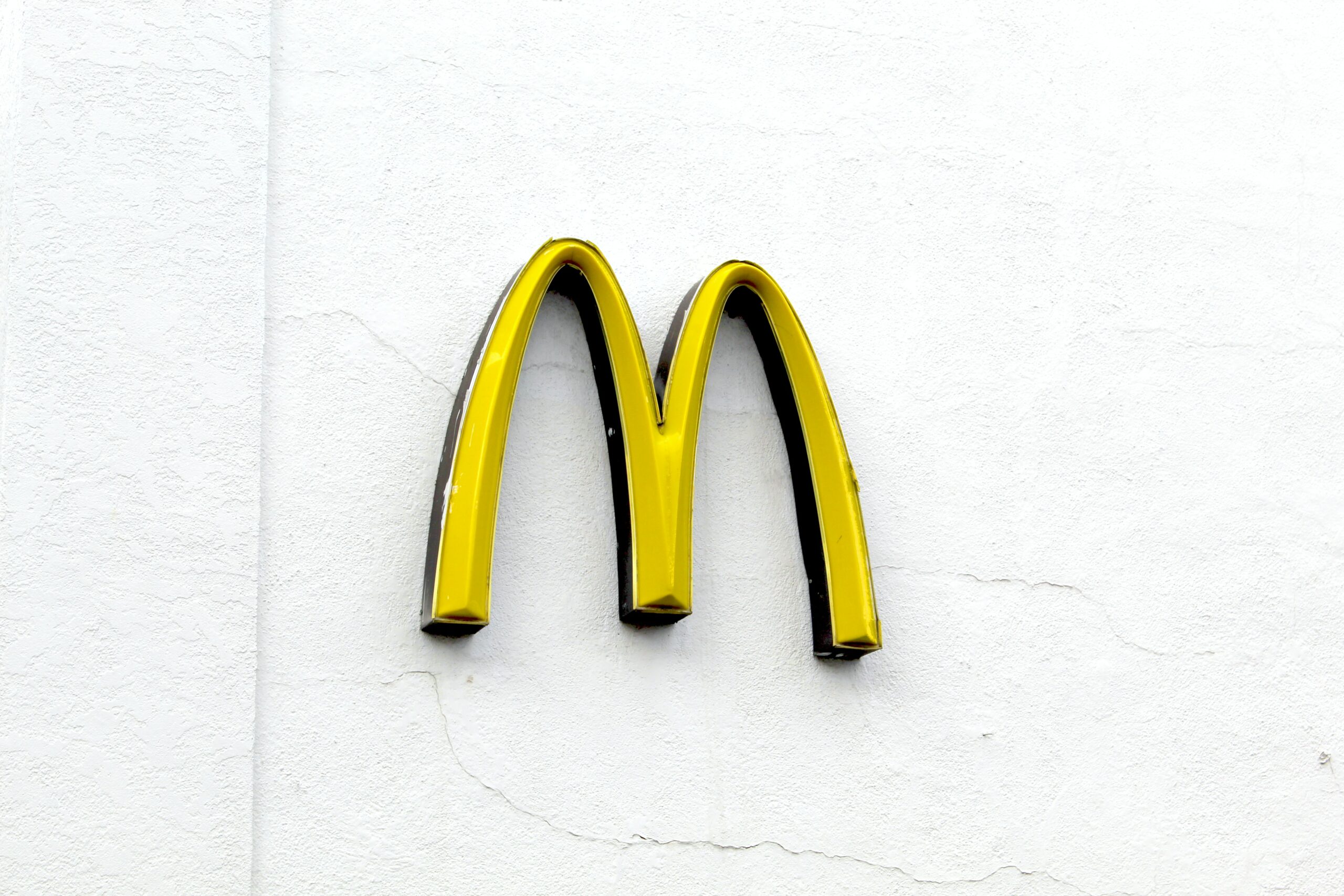In basic terms, the definition of a trademark is a mark, design, logo, word, phrase, or something similar that identifies the commercial source of a product or service. “Commercial source” is just a general term that means the manufacturer or grower of a product or the provider of a service. Take, for example, the famous golden arched “M” owned and used by McDonald’s. If you see the “golden arches” on a cup containing a beverage — like coffee or soda pop — you, a consumer, know that the commercial source of that beverage is McDonald’s. This is also true for various trademarks that adorn cars, trucks, and vehicles that identify the vehicle manufacturer as Ford, Chevy, Mercedes, or Rolls Royce. If you need help creating, protecting, or registering a trademark, you will need the legal assistance of deeply knowledgeable trademark lawyers like the ones at Revision Legal. Call us at 231-714-0100 or 855-473-8474. Below is more detail on how a trademark is defined and how it functions.
From the above definition, additional details can be understood. First, as noted, there is a specific type of information that is being conveyed by a trademark — the commercial source for a product or service. This is why not every mark, design, logo, or word/phrase is a trademark. Thus, without more, phrases like “Be Brave” or “Stay Safe” are not trademarks. Such phrases convey meaning but, without more, do not “connect up” to a product or service. To turn aspirational and informational phrases into a trademark, a company must promote the phrase as connected to a product. This takes some time — two or three years (or more). A good example here is Nike’s phrase, “Just Do It.” By itself, that is not a trademark. However, Nike spent a lot of time and effort in advertising and promotion to “connect up” that phrase to Nike products. As time passed, the phrase became associated with Nike’s products and is now recognized — in the minds of consumers — as a trademark.
Also, from the above, we can see that a trademark has a specific audience — consumers, customers, patients, buyers, users, etc. This is another reason that, without more, phrases like “Be Brave” are not trademarks. Such phrases are aimed at everyone generally, not just potential buyers and consumers of a given product or service. Thus, to determine whether a trademark is sufficiently associated — connected up — to a product/service, the test is whether that association exists in the minds of consumers.
In addition, trademarks are about commerce — the manufacture and sale of goods and services. In this manner, trademarks are distinguished from other types of symbols, like national and state flags, religious symbols, etc. Those types of symbols certainly have associations in the minds of everyone but generally, nations, states, and churches are not selling goods and services. So, those symbols are not legally considered trademarks. Of course, nations and states can come to be known for certain types of products/services that are sold commercially. Examples here are Scotch whisky, Idaho potatoes, Michigan apples, etc. Under certain restrictions, the use of a nation’s or state’s name or its geographic shape can be used as part of a trademark since those are associated with the sale of some product/service.
Contact A Trademark Attorney at Revision Legal
For more information, contact the trusted trademark lawyers at Revision Legal. You can contact us through the form on this page or call (855) 473-8474. We also prosecute and defend trademark infringement litigation.




